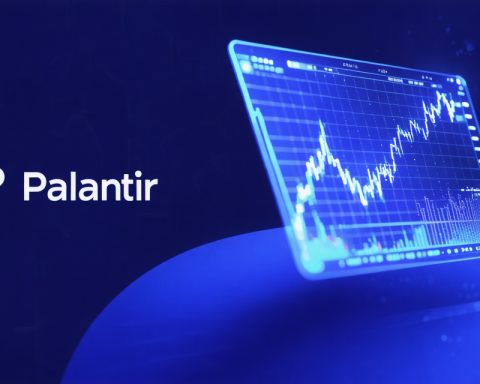LinkedIn has recently updated its privacy policy, giving the company permission to utilize user data such as creating and refining artificial intelligence (AI) models. This change, implemented on September 18, specifically exempts members from the European Union, reflecting tighter data protection regulations in that region.
The social network’s goal is to enhance its services and products through generative AI technology. In its notification to users, LinkedIn outlined its intent to utilize the information provided by users for developing its offerings, including training generative AI systems aimed at content creation.
Under the newly revised policy, LinkedIn retains the right to process personally identifiable information to improve and personalize its services, alongside developing AI frameworks. The company underscores its commitment to responsible AI practices, emphasizing its focus on promoting member productivity and adherence to ethical standards.
However, European users are not included in this data strategy. LinkedIn clarified that it will not train generative AI with data from the European Economic Area (EEA), which comprises EU member states and a few other nations, adhering to GDPR regulations.
In contrast, companies like Meta have utilized publicly available data from users in Australia for AI training without offering an opt-out option, raising further concerns about data privacy practices globally.
In addition to the privacy update, LinkedIn will revise its user agreement by November 20, aiming to clarify its content moderation practices and generative AI features, better empowering creators to promote their brands.
Enhancing Your LinkedIn Experience: Tips, Life Hacks, and Interesting Facts
As LinkedIn evolves with its recent updates to privacy policies, including the incorporation of AI technologies, users may seek ways to navigate these changes effectively and utilize the platform to its fullest potential. Here are some tips, life hacks, and intriguing facts that can enhance your LinkedIn experience.
1. Optimize Your Profile for AI Algorithms
With LinkedIn’s integration of generative AI, optimizing your profile can significantly enhance its visibility. Use relevant keywords that reflect your skills and industry. Incorporate these keywords naturally into your summary and job descriptions to improve your chances of being discovered by AI-driven searches.
2. Engage with Content Creatively
AI tools will now assist in generating and curating content on LinkedIn. Consider creating original posts or articles based on trending topics in your industry. Use multimedia like videos and infographics to make your content stand out. This engagement not only increases your visibility but also demonstrates your expertise.
3. Privacy Matters: Adjust Your Settings
With the recent updates, it’s crucial to review your privacy settings. Ensure that you’re comfortable with the information being shared and take advantage of the options to hide certain profile sections from outsiders. Always prioritize your privacy and security.
4. Capitalize on Networking Opportunities
LinkedIn has always been a premier platform for networking. Utilize the new AI features to find connections in your field. The AI can suggest potential contacts based on your interests and professional background. Join relevant groups and engage in discussions to expand your professional network.
5. Stay Updated with LinkedIn Learning
Enhance your skills through LinkedIn Learning, which offers a plethora of courses across various fields. With the rise of AI in the workplace, consider taking courses related to AI, data privacy, and digital marketing to stay ahead in your career.
Interesting Fact: The Growing Importance of Generative AI
Generative AI is becoming an integral part of many organizations, promising to revolutionize content creation and customer interaction. As companies like LinkedIn leverage this technology, understanding its potential can provide you with an edge in your profession.
6. Be Mindful of International Regulations
If you’re in the European Union, remember that your data is protected under GDPR regulations, and LinkedIn will not utilize your data for AI training. Being aware of these regulations not only helps you protect your rights but also informs you about the extent of data usage by platforms.
7. Explore Content Moderation Changes
With upcoming revisions to LinkedIn’s user agreement set for November 20, stay informed about changes in content moderation practices. Understanding these changes can help you better navigate interactions on the platform and promote your brand responsibly.
In conclusion, leveraging the new features and being aware of your privacy settings on LinkedIn can significantly enhance your professional networking experience. For more insights and updates, explore the comprehensive resources available at LinkedIn.
These strategies not only help you adapt to changes but also empower you to utilize LinkedIn more effectively as a proactive member of the professional community.








